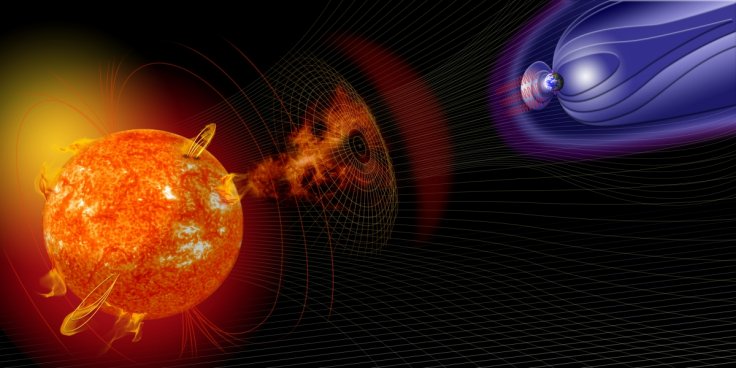NASA has revealed that the sun's new solar cycle has begun, and it will bring about drastic changes in human lives. Several experts believe that the new solar cycle could change the way in which technology is used on Earth now, and it may even affect the lives of astronauts.
Solar Cycle: All You Need to Know
The solar cycle is basically the process in which the sun's magnetic field witnesses a cycle in which the north pole and south pole tend to switch their positions. Experts reveal that the sun begins a new solar cycle every 11 years, and during this time, there will be several violent activities on the star's surface that includes volcanic eruption, and expulsion of dangerous radiation that could affect the life on the blue planet.

Impact on Human Lives
Scientists believe that this new solar cycle had actually begun in December 2019. However, due to the complexity posed by the sun, it took several months to decipher that the solar event is on.
The release of solar flares during the time of the solar cycle may affect the upper atmosphere of Earth, and it could turn out to be hazardous for satellites, transformers, and spacecraft.
NASA is currently working together with the National Oceanic and Atmospheric Administration (NOAA) in a project called National Space Weather Strategy and Action Plan, and it aims to study and monitor the consequences of a new solar cycle. The project will also try to understand more about the weather changes that will happen on the planet due to the solar cycle.
Planet Awaiting a Mini Ice Age?
In the meantime, some scientists including physics professor Valentina Zharkova, had predicted that the sun could hibernate this year, which will result in a grand solar minimum. According to Zharkova, this phenomenon could drop the global temperature by one degree Celsius, and it could last for the next three decades, causing a mini ice age on the planet.









